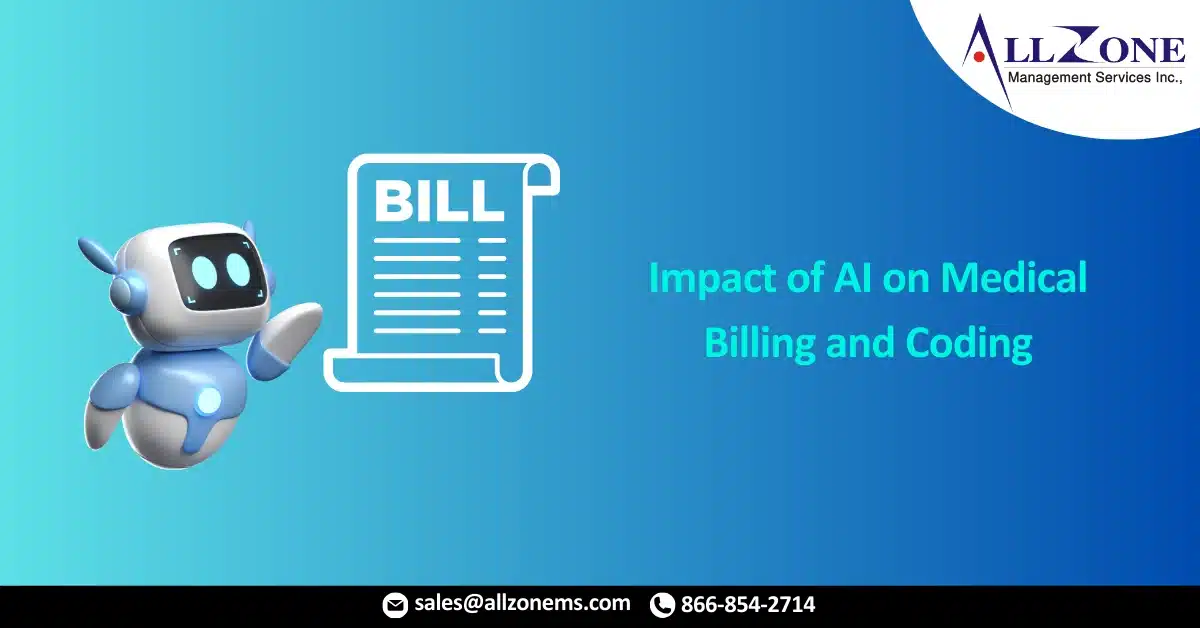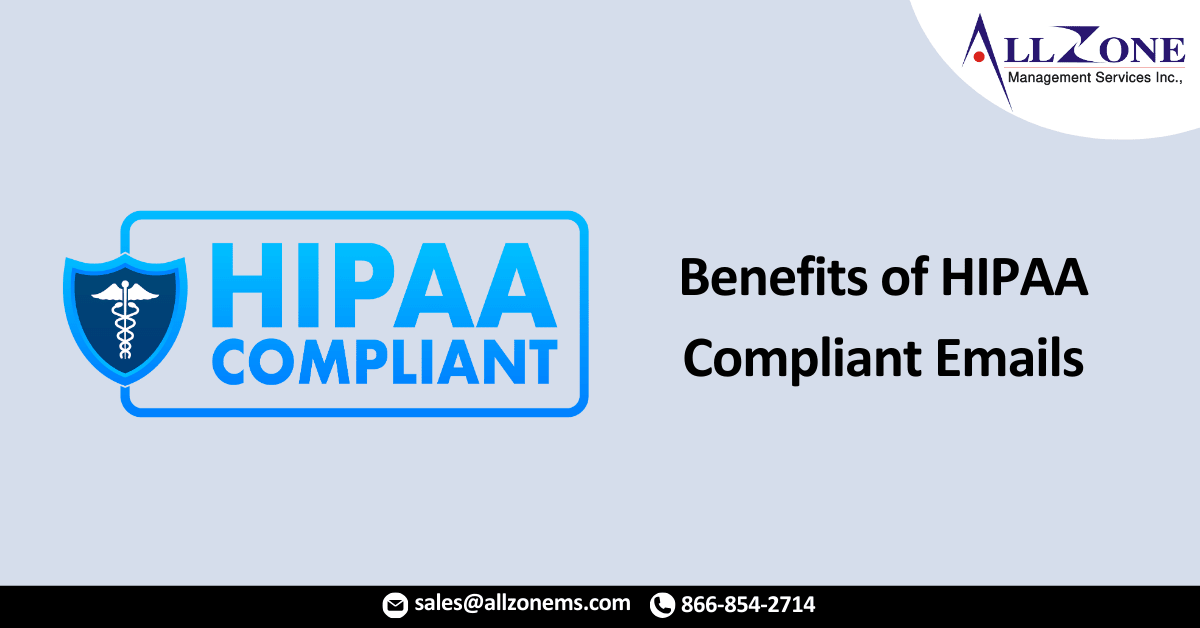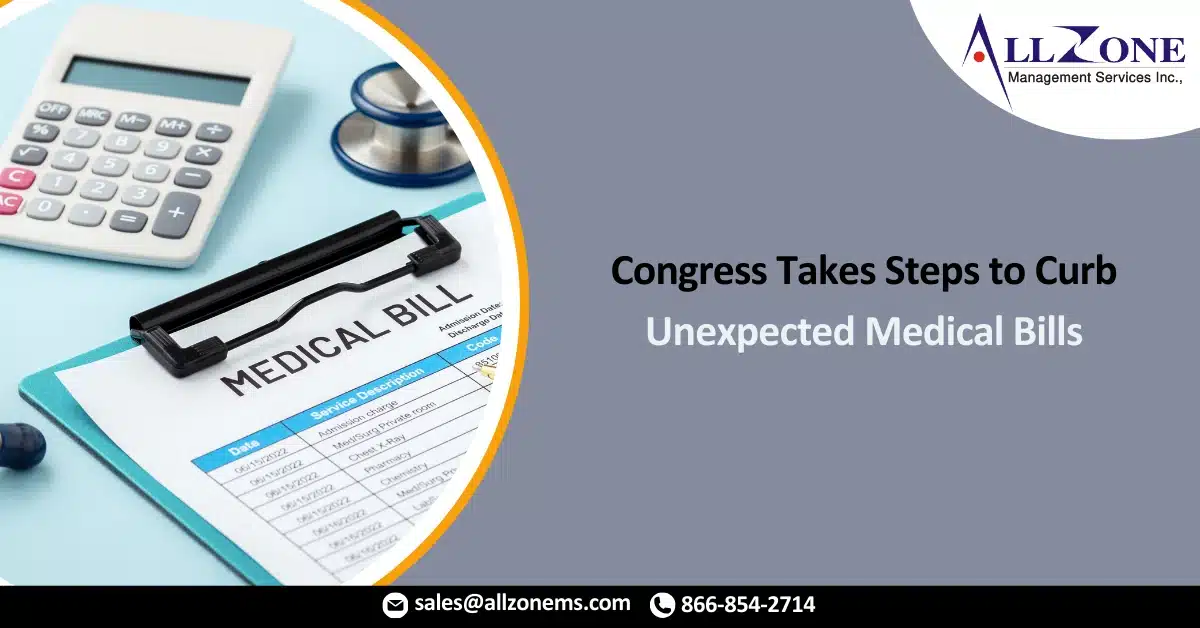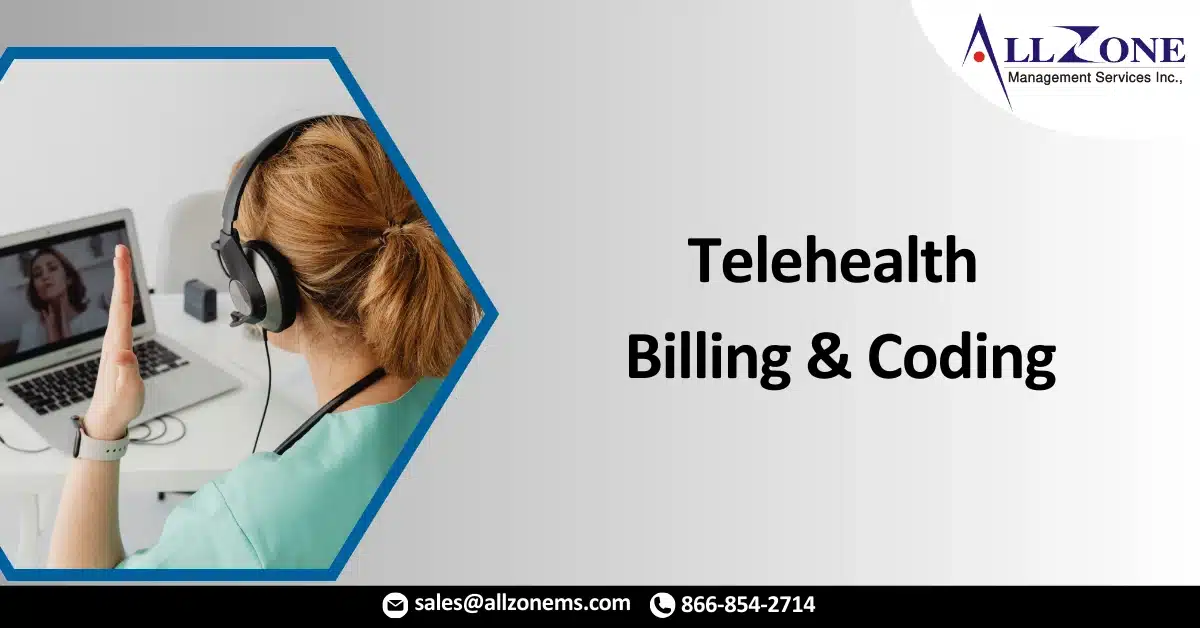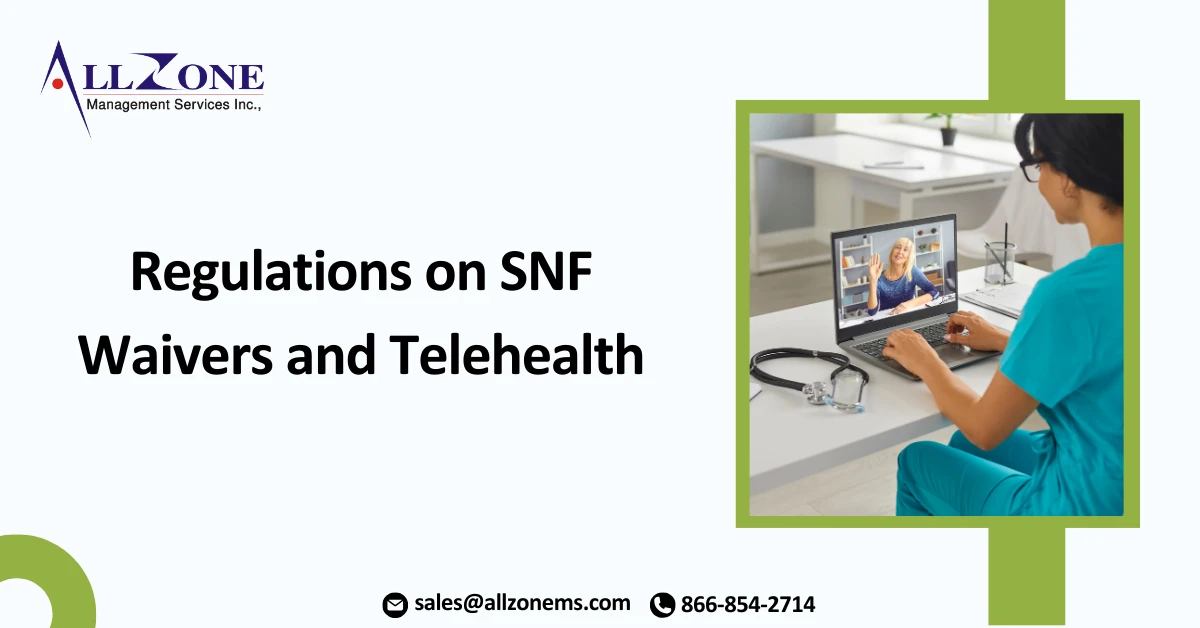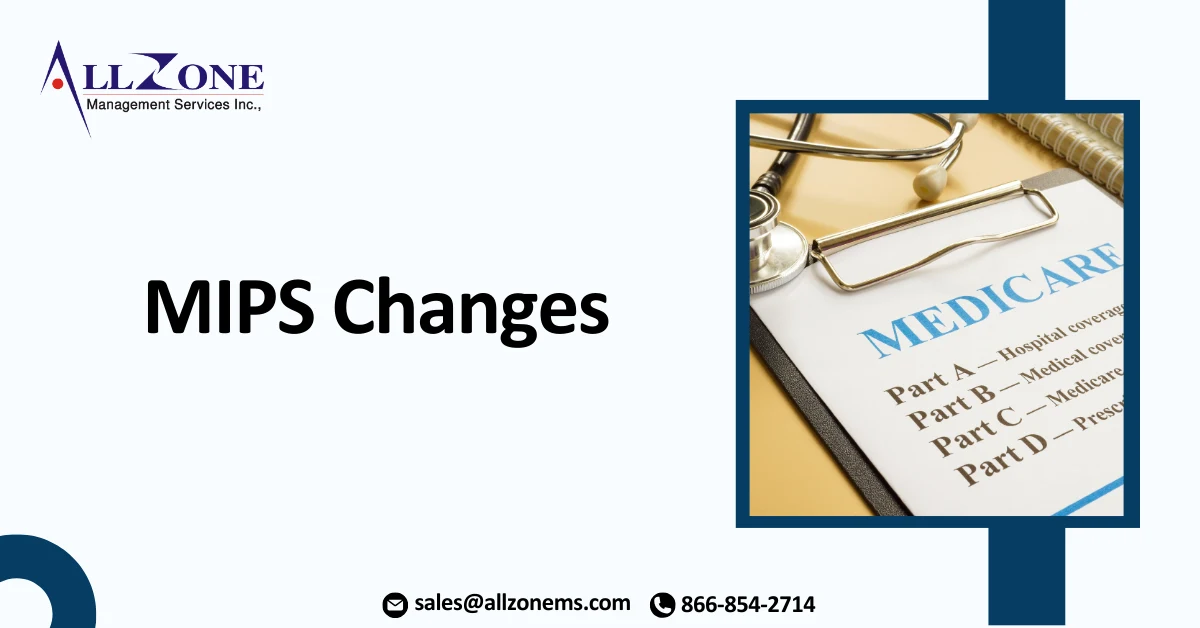For several, it is hard to envision the future of Revenue Cycle Management (RCM) in the Artificial Intelligence (AI) era. How does this technology accelerate the business cycle and affect healthcare back-office day-to-day work? It is unknown when AI will be the industry norm at this stage, but there is some speculation about potential advantages […]
Payment collection continues to be a challenge for healthcare providers. As we previously reported for Physician’s Practice, studies have indicated that doctors only collect 12% of what they are owed at the time of service, and in two out of three visits they collect nothing upfront at all. This means that physicians are sending bills to collect […]
Most Americans tell pollsters they’re worried about being able to afford an unexpected medical bill. Late Monday, Congress passed a bill to allay some of those fears. The measure is included in a nearly 5,600-page package providing coronavirus economic relief and government funding for the rest of the fiscal year. Specifically, the legislation addresses those […]
The pandemic continues to impact Medicare reimbursement. COVID-19 continues to make news on the regulatory front with two new directives from the Centers for Medicare & Medicaid Services (CMS), centering on testing for the deadly coronavirus and formal coding edits for the Medicare Administrative Contractors (MACs) on payments with the CS modifier. There’s a new […]
The Covid-19 pandemic is transforming how physicians practice medicine and bill for it. Physicians who take a consumer-oriented approach to their billing cycle may adapt the best, says John Behn III, MPA, president of Stroudwater Revenue Cycle Solutions and a principal of Stroudwater Associates, a national healthcare consulting firm based in Portland, Maine. “We’ve seen […]
CMS set the reimbursement rate for Medicare Administrative Contractors covering the main type of coronavirus antibody test at approximately $42, per an update Tuesday. That rate exceeds investment firm William Blair’s $25 estimate for the category of tests, boding well for future reimbursement policy for antigen testing, analysts noted. Last month, the agency doubled its reimbursement for high-throughput molecular […]
As CMS continues to update their policies on telehealth during the COVID-19 pandemic and the Public Health Emergency, ICD10monitor is here to continue to keep you informed on these changes. In the meantime, let us answer some burning questions to get you through the telehealth confusion, until you can join our webcast. QUESTION: What are requirements […]
As with last week, RACmonitor asked Dr. Ronald Hirsch, vice president of R1 RCM, to summarize the most pertinent regulatory changes recently arising. The following is a transcript of his reporting today on Monitor Mondays. “First, thank you, everyone, for continuing to care for patients and continuing to take this pandemic seriously,” Dr. Ronald Hirsch […]
CMS has released several fact sheets in recent weeks on billing and coding to provide guidance to healthcare organizations testing and treating patients for COVID-19, the disease caused by the novel coronavirus. Seven things to know: CMS developed Healthcare Common Procedure Coding System code U0001 to allow laboratories and healthcare providers to bill for using the CDC’s […]
In November 2019, CMS published the 2020 Quality Payment Program Final Rule (the “2020 MIPS Final Rule Changes”). Below is a summary of some of the most notable changes to the Merit-Based Incentive Payment Program (MIPS). For a complete list of changes, please review the 2020 MIPS Final Rule or CMS’ Quality Payment Program Resource […]

